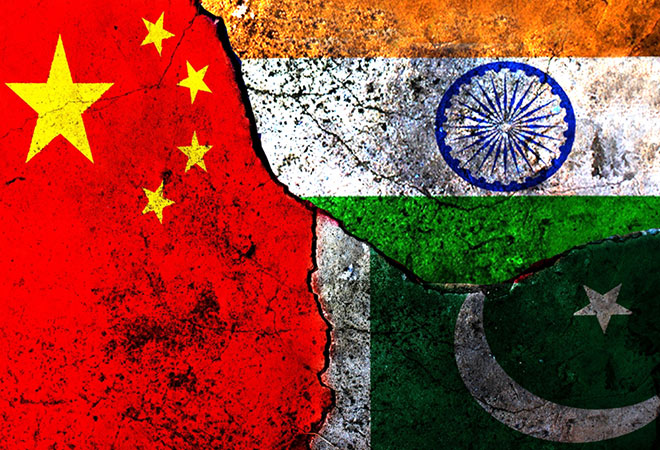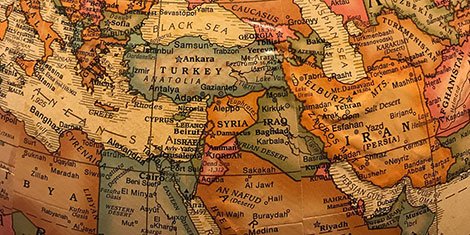
If people are asked which area of the world they think is the most dangerous, not many would think of South Asia. However, no other region in the world has three nuclear-weapon States in which one is not a democracy, the second is a fragile democracy whose history is fraught with military coups, leaving only one government which has to justify its action to the people who have elected it. The dynamics between India, China and Pakistan make South Asia arguably the most dangerous geopolitical region of the world. Such a setting necessitates an increased focus on building a strong and sensible foreign policy by India, using not only conventional methods of international relations but also new ones, like international law.
INTERNATIONAL LAW AND POLITICAL ISSUES
Whether a law is valid or not depends, if not wholly then to a great extent, on the efficacy of the law, that is, whether a law is actually observed and complied with. The scholars of international relations believe that States do not necessarily observe law, at least in critical areas of politics like use of force. They believe that law plays a role only in matters of economic cooperation or social development, and hence, end up marginalizing international law.
However, what they fail to recognize is that compliance being secondary, international law has the capability to provide answers to some of the most intractable political issues of these times. A very good example is Philippines moving the International Tribunal on the Law of Sea, against China and eliciting a favourable arbitral award on the issue of South China Sea.
The degree of success in compliance varies from case to case, but the important thing to be noted here is that determining of a political issue through international law creates rights. Once these rights are established, compliance, non-compliance or compromise depend on how diplomatic channels function.

LAWFARE
The term lawfare is a portmanteau for ‘law’ and ‘warfare’ basically meaning that law is used as a weapon of war. In the example mentioned above, United States of America prompted Philippines to initiate legal proceedings against China. The relationship between USA and China is currently on the path to becoming the relationship between USA and USSR during the Cold War era. Both the countries are playing a zero-sum game and cooperation seems nowhere in sight. It is in this context, if we look at the favourable arbitral award given by the International Tribunal on the Law of Seas, it is a clear instance of lawfare by USA. It established legal claims against China and implementation of the award depends on power politics.
In the current scenario, the probability of an armed conflict is low as nuclear weapons act as deterrence, but this does not imply that tensions between countries have dissipated. If anything, tensions are increasing even at this moment given that a multi-polar world brings with it instability in relations even though it may be ideal and even equal to live in. Full-blown traditional wars may not arise in such a world but warfare of a different kind, be it economic, cyber, etc. is definitely a reality. The conventional methods of ‘soft’ and ‘hard’ power are not going to be enough to overcome such conflicts.
INTERNATIONAL LAW IN INDIAN FOREIGN POLICY
If India is to truly rise and make its way to the top, it is imperative that it increases its repertoire of foreign policy instruments with an inclusion of lawfare. Unfortunately, till now, India has not realised the potential of this method. In fact it seems to be so that policy-makers are not even thinking in this direction. This results majorly from the divide that has been created between international relations and international law. India is lagging behind in both study and use of international law.
To achieve an amalgamation of the two disciplines, the study of international law in the country has to be revamped. Instead of looking at international law just as something that the West has given to the world, India should try to think of how this instrument can be used to its advantage. The academia and diplomatic establishment have to collaborate to reach a point where international law and international relations are congruous to each other.
While this cannot happen overnight, it is of vital importance that the policy-makers steer in this direction soon so that India can find a useful tool in lawfare, in order to successfully counter hostile neighbours like Pakistan and to challenge on equal footing a rising China in order to stop it from becoming a hegemon in its sphere of influence.
